Jamavar is the restaurant brand of the Leela hotel group, who run a group of luxury hotels in India. There are Jamavar restaurants at some, though not all, of their properties: in Goa, in Bangalore, in Mumbai and in Delhi. The London Jamavar is the first stand-alone restaurant that they have opened anywhere. It started trading in December 2016 and earned a Michelin star within a year. The executive chef is now Surinder Mohan, formerly corporate chef of the Leela Group, assisted by head chef here being Mehernosh Mody, who was previously executive chef at the now closed Portes des Indes. Rohit Ghai, who was the original head chef here, has moved on and is planning to open his own restaurant.
Jamavar is smartly decorated and split over two floors. It serves fairly classical Indian dishes; there are no edible flowers cluttering up the plate here, so don’t expect artfully tweezered presentation. There is a full a la carte menu, as well as a tasting menu at £70, with a vegetarian version of this at £65, and a four-course menu at off-peak times for £40.
The wine offered labels such as Markus Molitor Haus Klosterberg Riesling 2016 at £42 for a bottle that you can find in the high street for £14, Stag’s Leap Sauvignon Blanc 2014 at £69 compared to its retail price of £24, and Ata Rangi Pinot Noir 2015 at £125 for a wine that will set you back £53 in a shop. For those with the means, Chateau Ducru-Beaucaillou 1989 was £445 compared to its retail price of £171, and Chateau Latour 2003 was £1,760 for a wine whose current market value is £967.
Tonight we opted for the tasting menu, and also tried the vegetarian version of this. The meal begins with crisp popadoms and a selection of unusually good chutneys. The first formal course was soft shell crab with Tellicherry pepper, damson chutney and garlic crisps. It is hard to excel with soft-shell crab, which often suffers from greasy batter when served in London, but this a very good version. Here the batter was crisp, you could taste the crab, there was plenty of garlic flavour and the pepper and chutney complemented the crab nicely (between 14/20 and 15/20). The vegetarian alternative was aloo tikki a dish I have had here several times and is a really fine rendition of a classic dish. There was potato tikki (croquette), white radish, honey yoghurt and just the right amount of tamarind mint chutney to bring the right level of sweetness to the dish. Its balance of flavours was delightful, and they did not hold back on the spices (15/20).
Lobster came with coconut ice cream and aubergine sambal, as well as idli, the little savoury rice cakes popular in southern India and Sir Lanka. A vegetarian alternative had beetroot in place of lobster. The shellfish was tender but the star for me was the sambal itself. I’m not sure of the recipe used here, though it will have involved shallots, garlic and red chillies in addition to the aubergine. Whatever the components, the execution was superb, the dish singing with vibrant, spicy flavour (16/20).
Stone bass malai tikka is a signature dish of the menu, and is a fine example of how skilled use of spices and a tandoor can elevate a relatively humble fish to something special. The fish is marinated in spices before cooking in the tandoor, served with green cardamom and mace chutney. The version tonight was beautifully cooked, the flavour of the stone bass lifted by the subtle spices (17/20). The vegetarian alternative was masala poiyal uttapam, the south Indian dish that is perhaps the nearest thing in Indian cooking to pizza. Here the rice pancake base had coconut, curry leaves, mustard seeds and vegetables (14/20).
The next course was a stunner. Adraki (ginger) lamb chop involved the lamb chop being marinated in cumin, crushed onion, yoghurt, fennel and ginger before being cooked in the tandoor and served with more ginger, with some carrots on the side. The lamb, from Hampshire, was perfectly tender, pink in the middle and had dazzling flavour, the spices having been absorbed into the meat and beautifully taking its flavour to a higher level. I have eaten quite a few Indian lamb chops over the years and this is the best I have eaten. Indeed it is one of the best lamb dishes I have eaten full stop (between 17/20 and 18/20). The vegetarian alternative was bharwan mirchi, a dish of sweet peppers stuffed with paneer and chopped purple potato with spices, cashew nuts bringing a contrasting texture (15/20).
Butter chicken used Suffolk corn-fed chicken that had been charcoal grilled and pulled, the sauce featuring tomato and fenugreek and enough butter to make the day of any cardiologist. It was certainly very good, though I am curious to see how this dish would work with a really top-notch chicken from The Landes or Bresse (14/20). The vegetarian option was gucchi muttar, with morels, peas, fresh tomato and star anise. This was very enjoyable, though the morels themselves could be better, as in the remarkable Kashmiri morel dish at Indian Accent (14/20). On the side were gobi muttar whose cauliflower and peas had excellent texture, yellow dal, basmati rice and an assortment of excellent breads (14/20).
For dessert, mango rasmalai used Alphonso mango pulp, mixed berry chutney and a wheat biscuit base. Rasmalai is a Bengali sweet with cheese curds soaked in clotted cream and flavoured with cardamom, cooked in sugar syrup and milk with a filling of rice pudding and saffron. The variation here with the mango pulp definitely made this a cut above regular rasmalai (14/20). Pista burfi was made from dried milk, orange murabba (preserve), pistachio and almonds and came with badam halwa, made from pureed almonds, ghee, sugar and saffron. This was very pleasant, the orange preserve usefully bringing a little acidity to a dish that might otherwise have been too sweet (14/20).
Service was slick and efficient, the staff clearly having been carefully trained. The bill came to £110 a head, with cocktails and beer to drink. If you order a la carte and shared a modest bottle of wine then a typical cost per head might be around £75. This seems to me fair given the high standard of cooking here. It was noticeable that the restaurant had a very high proportion of Indian diners, which suggests that it has become well established within a community that know a lot about this style of food. Jamavar, along with the more recently opened Indian Accent, has really raised the standard of Indian food in London.
Further reviews: 05th Jul 2024 | 18th Jul 2022 | 30th Nov 2021 | 07th Aug 2021 | 06th Aug 2019 | 24th Oct 2017 | 24th Feb 2017 | 09th Dec 2016


























































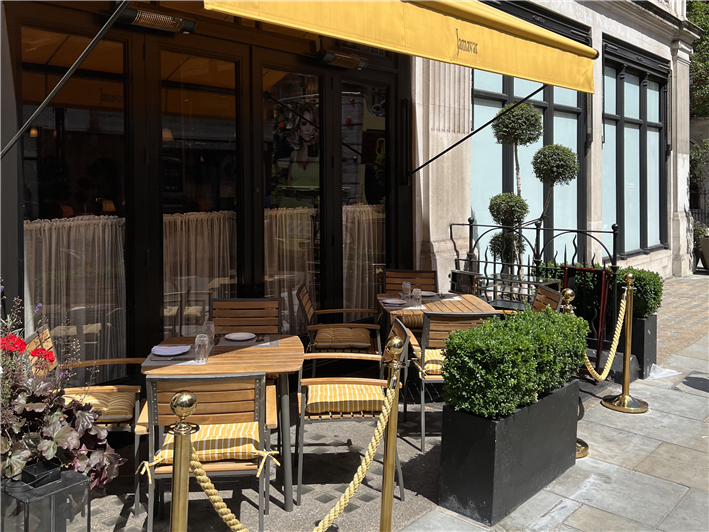

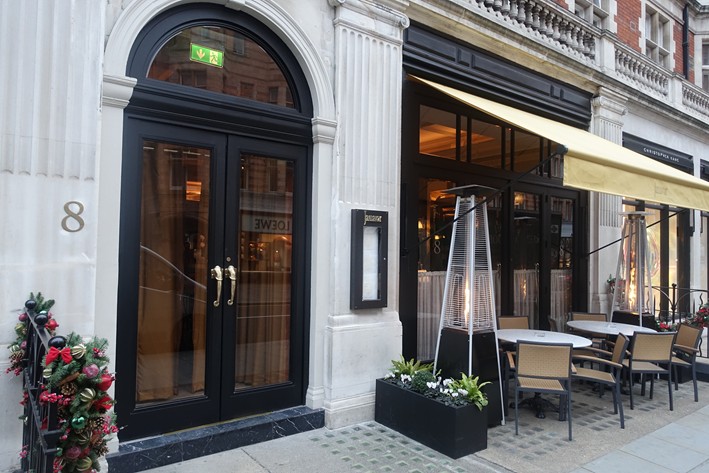
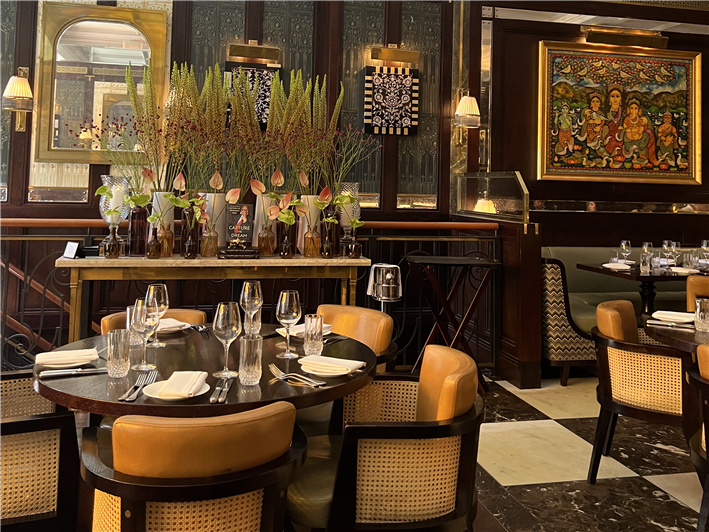
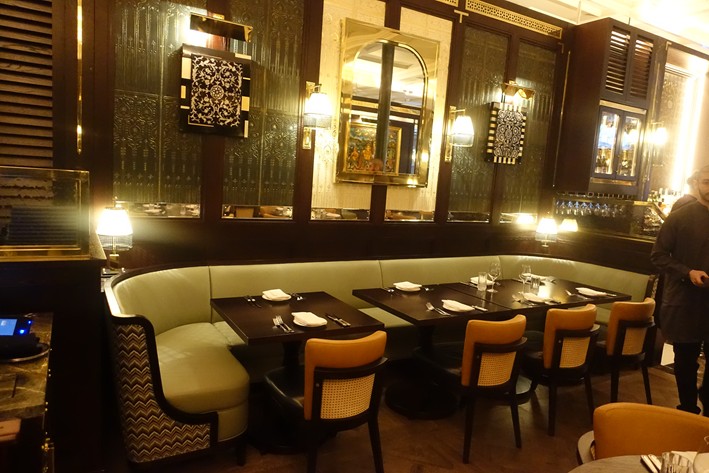
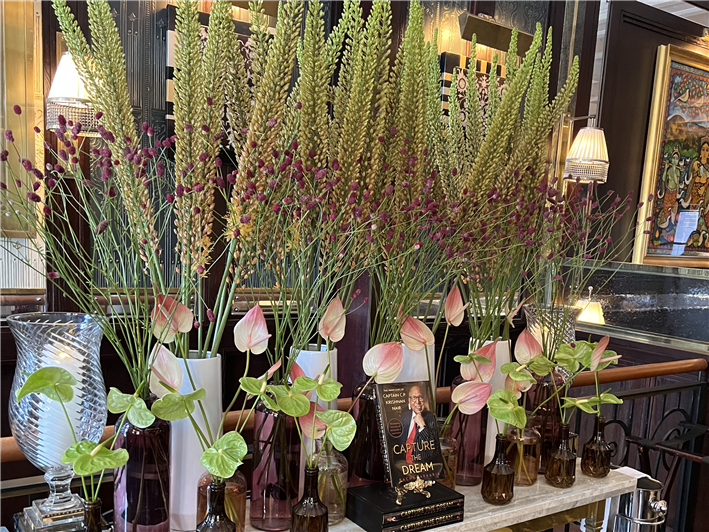
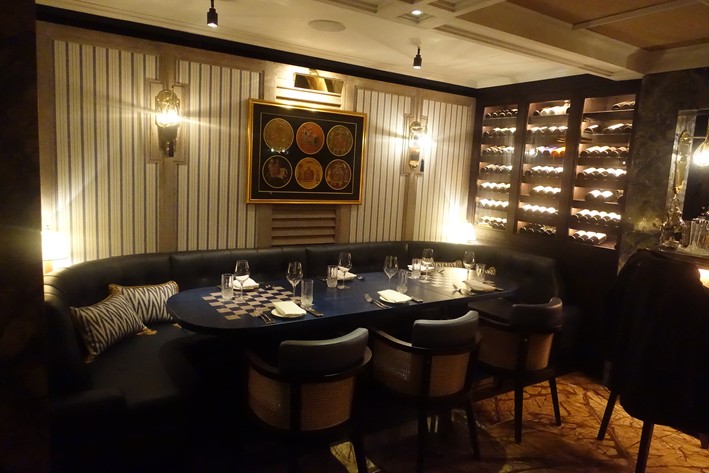
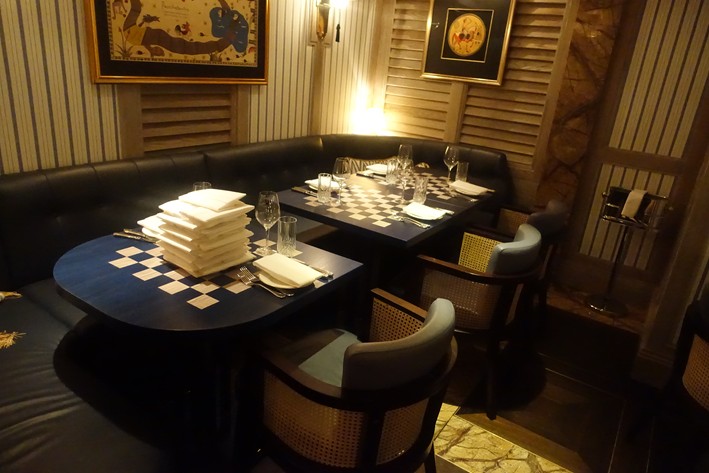
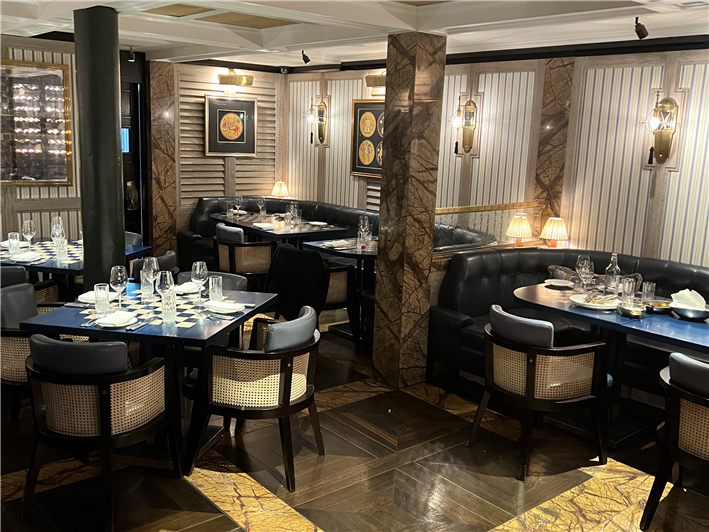
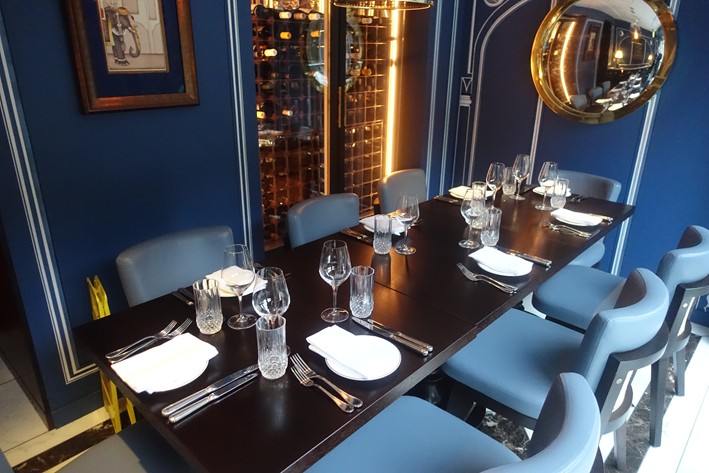
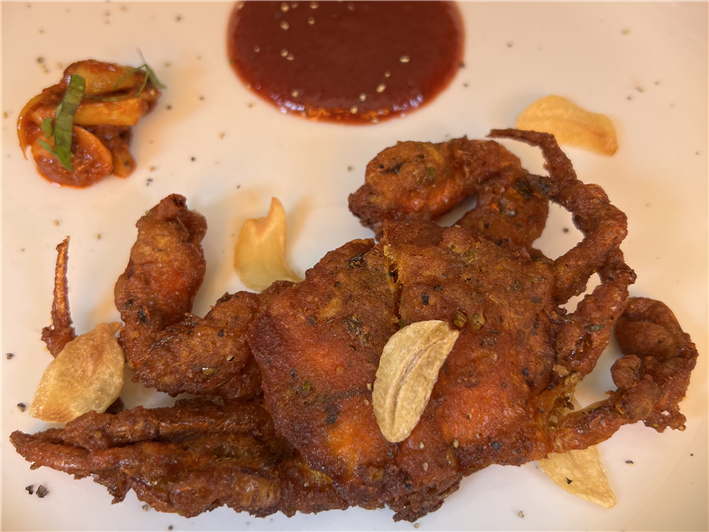
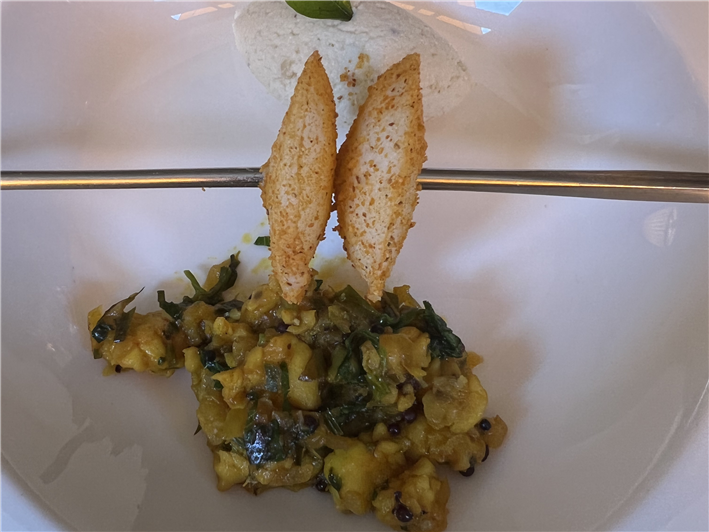
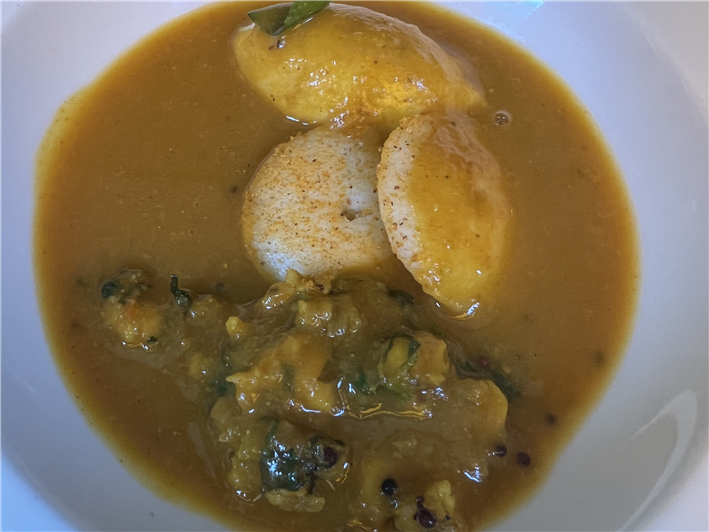
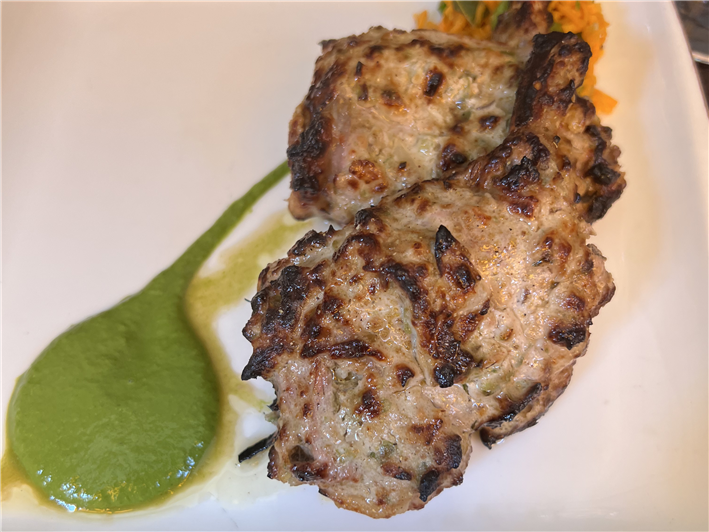
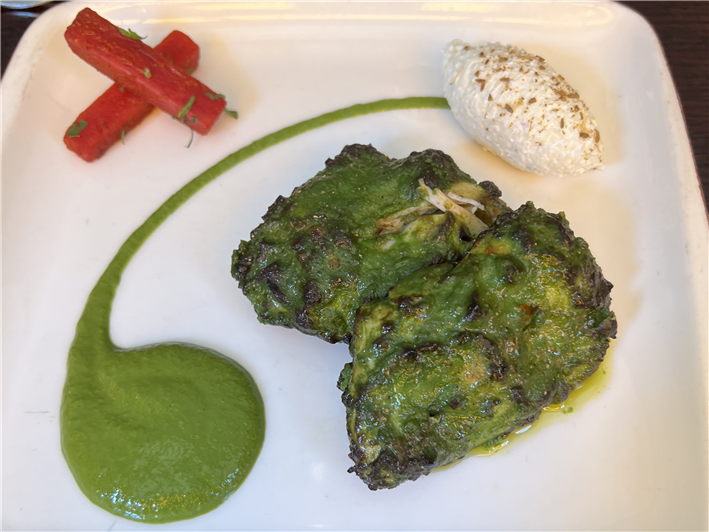
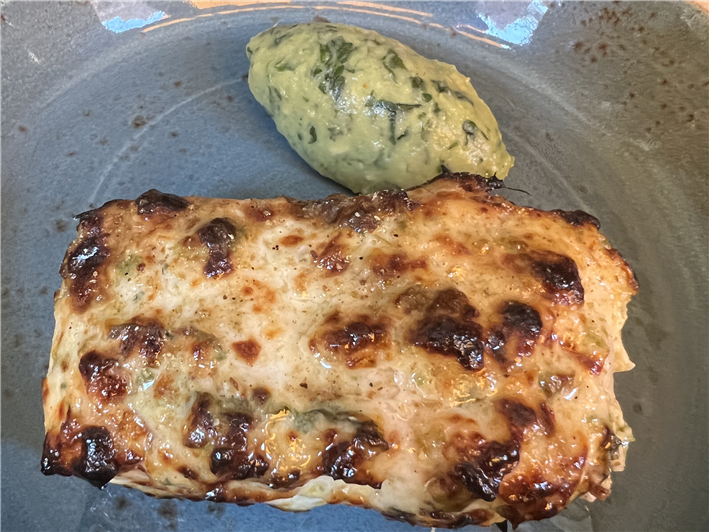
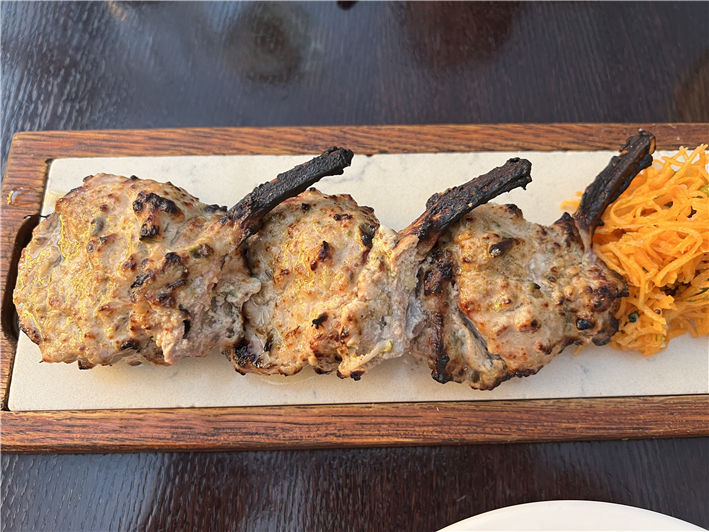
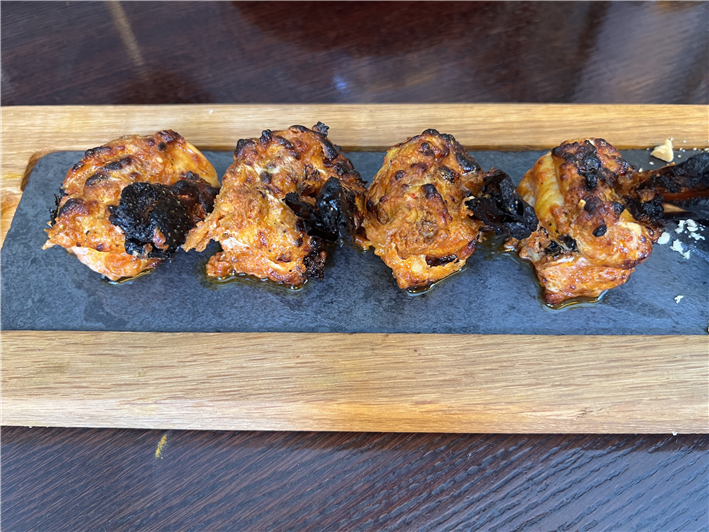
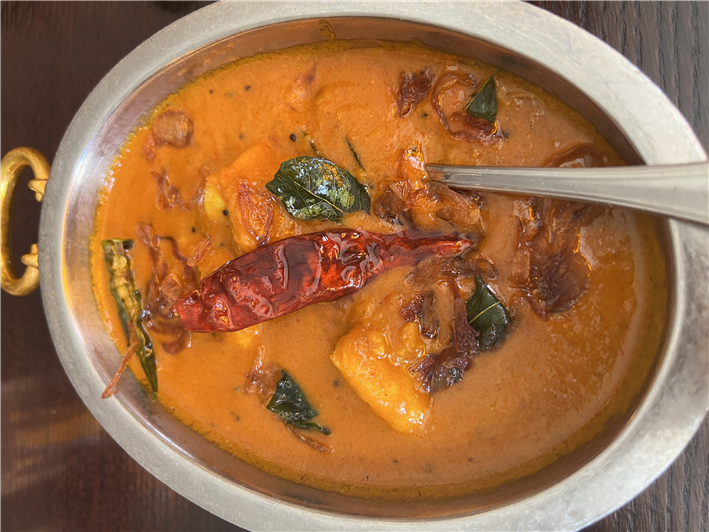
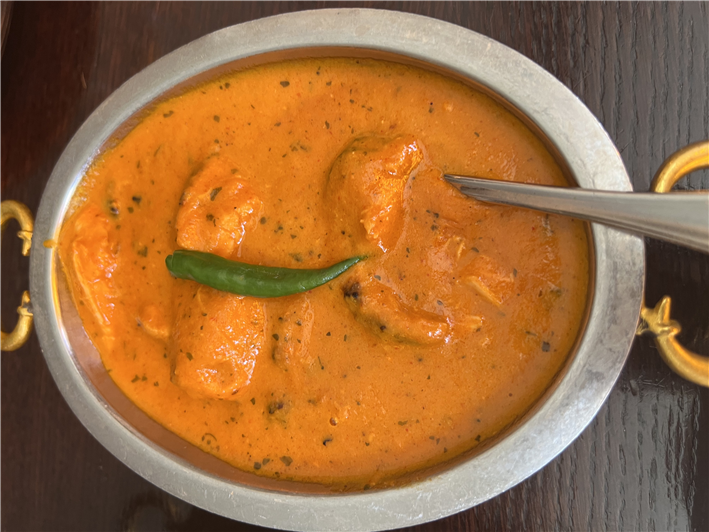
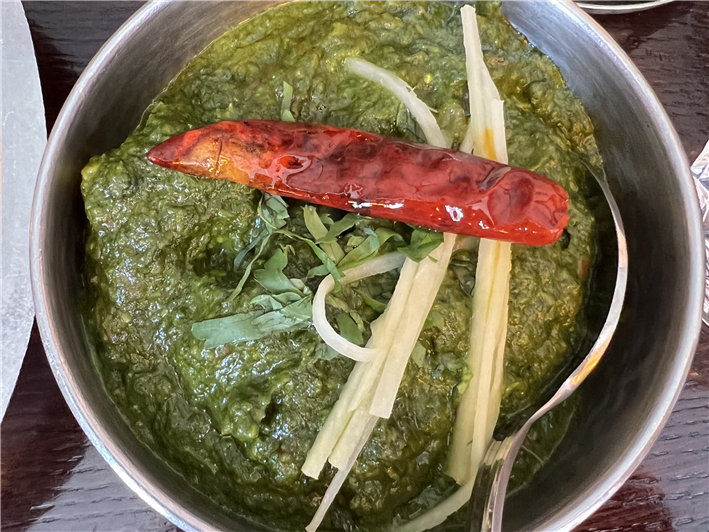
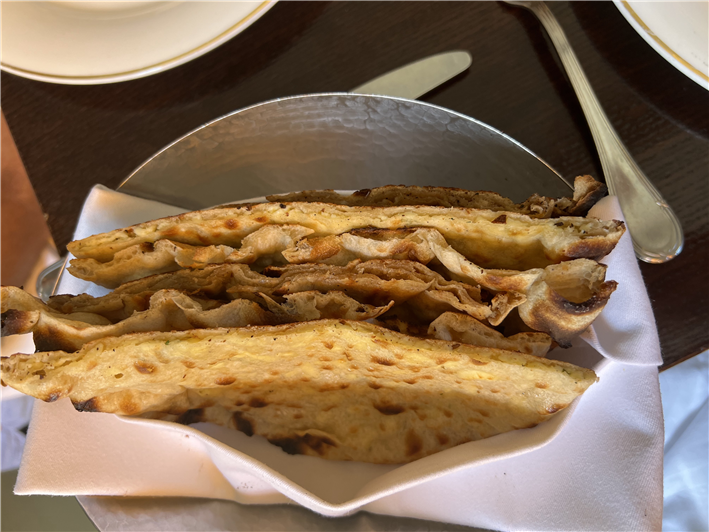
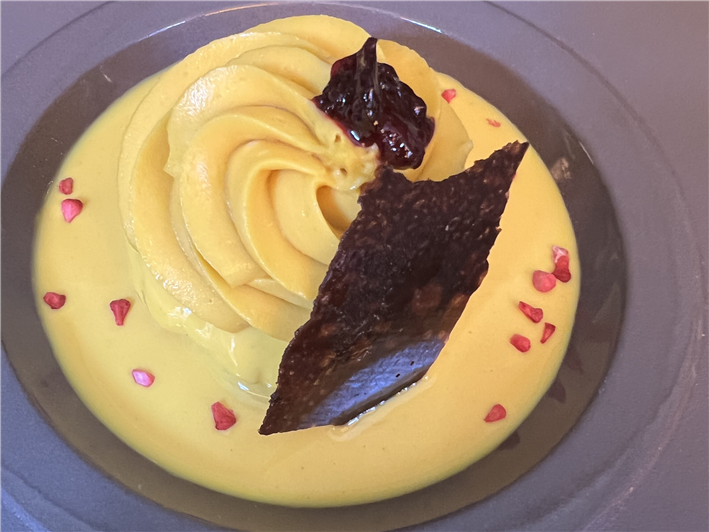
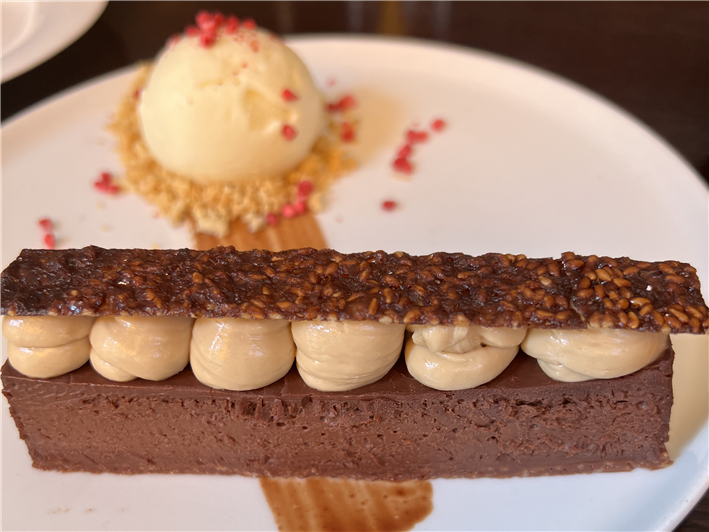
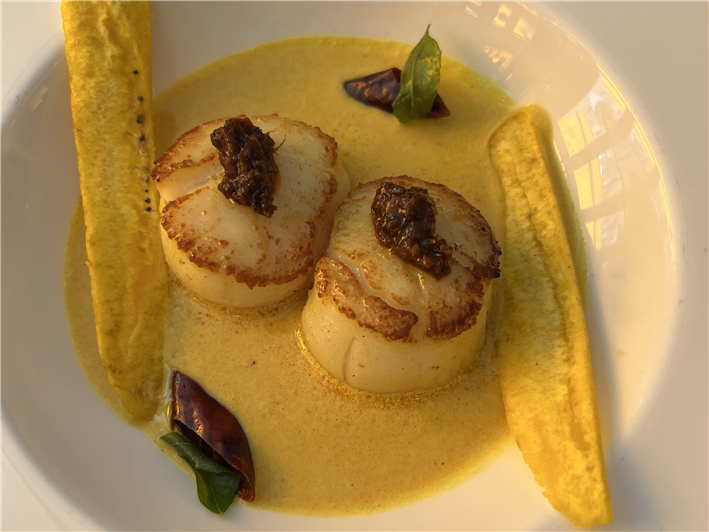
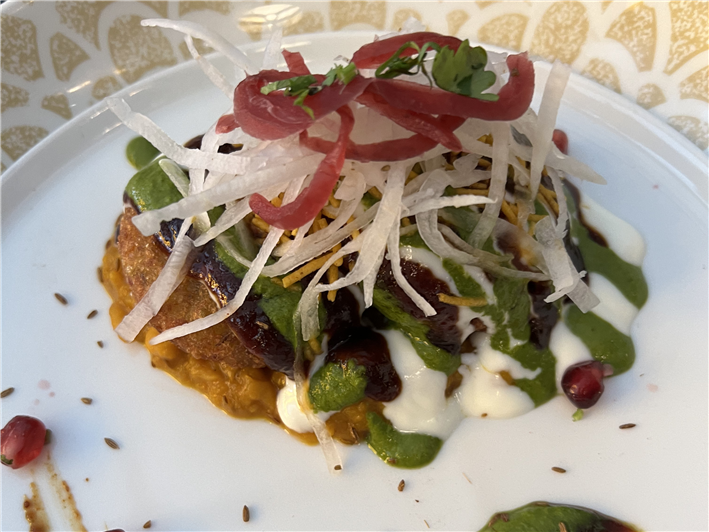
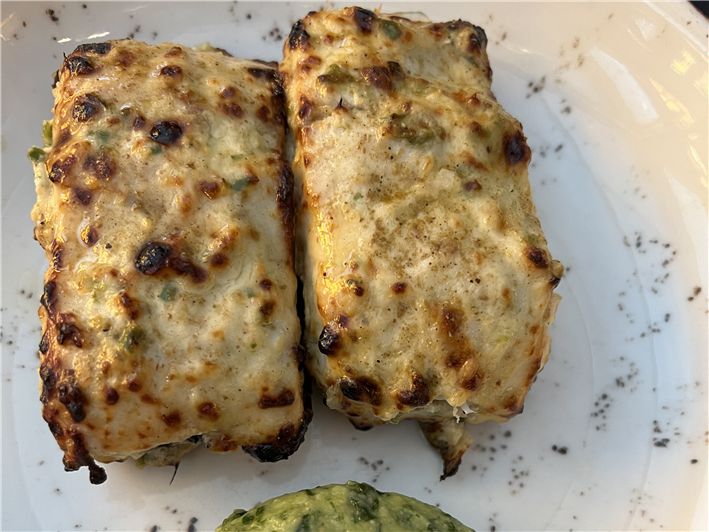
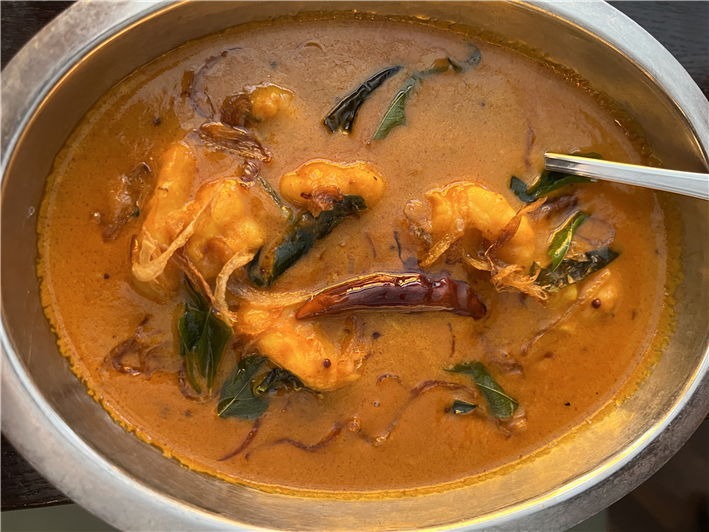
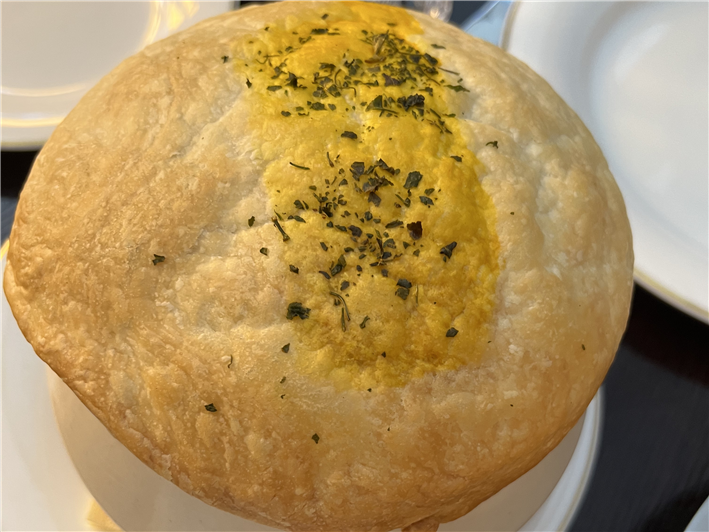
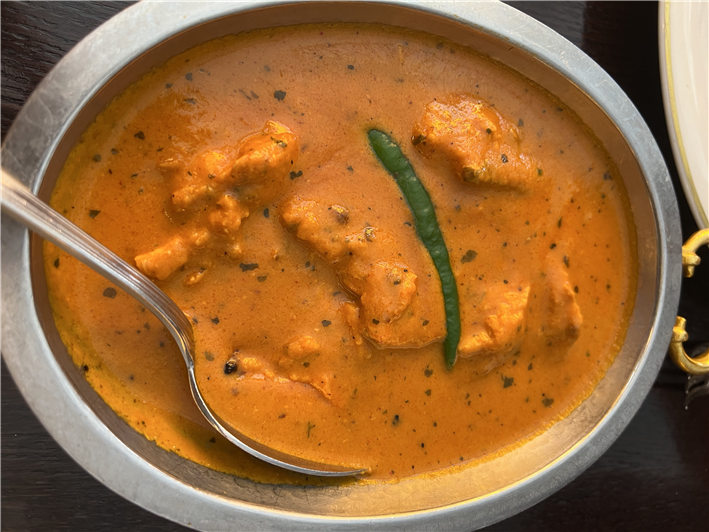
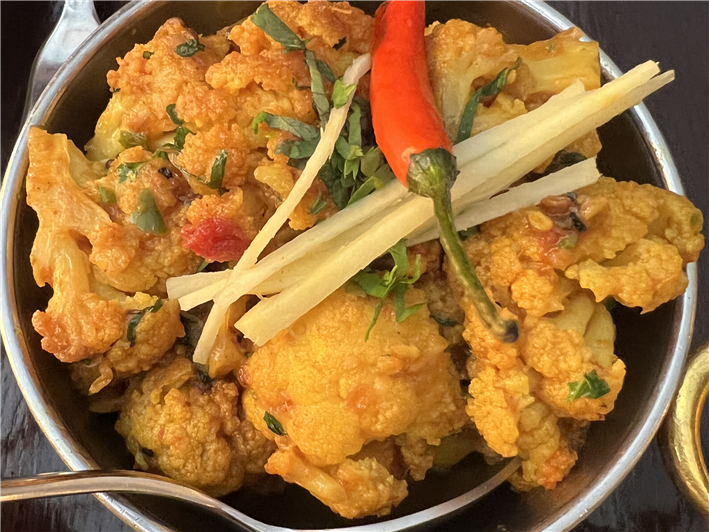
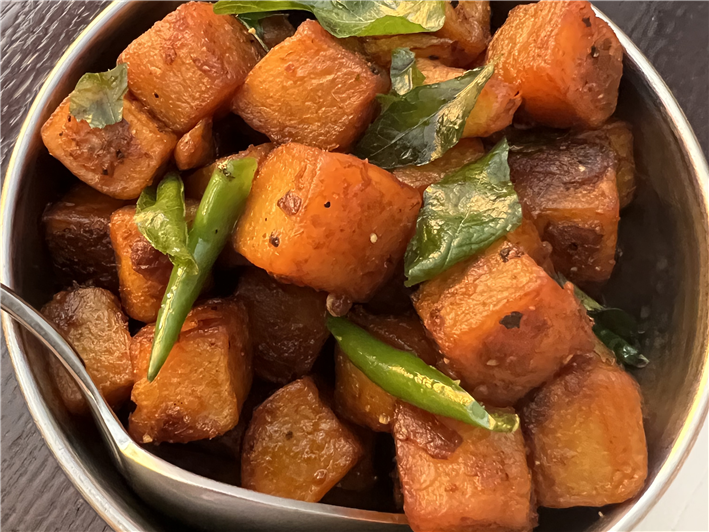
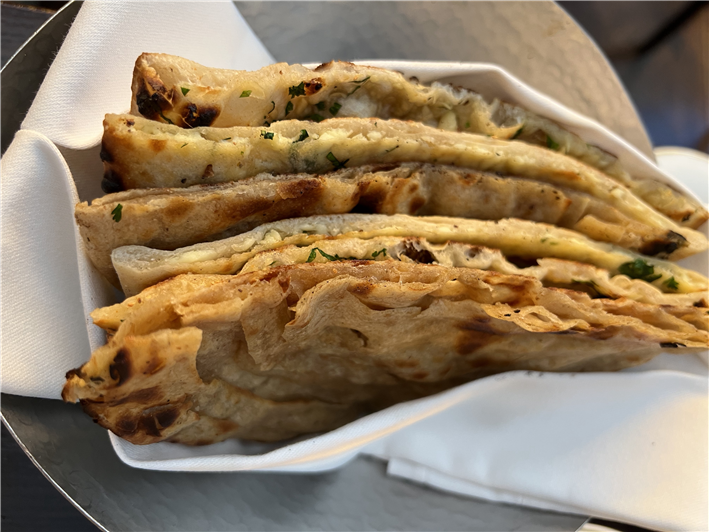
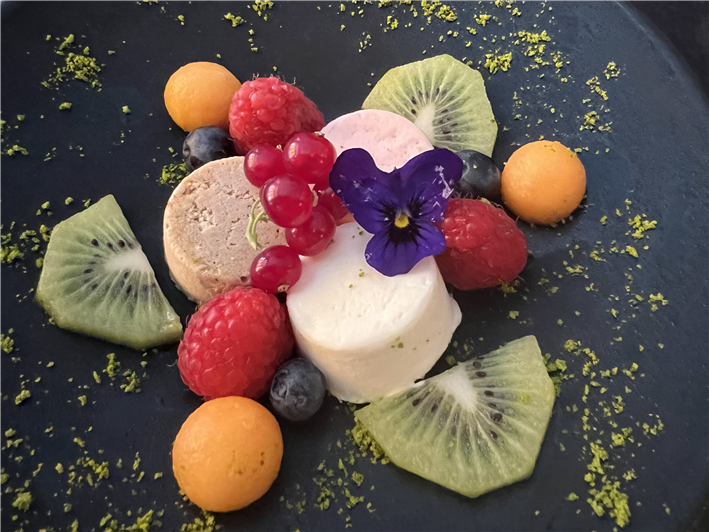
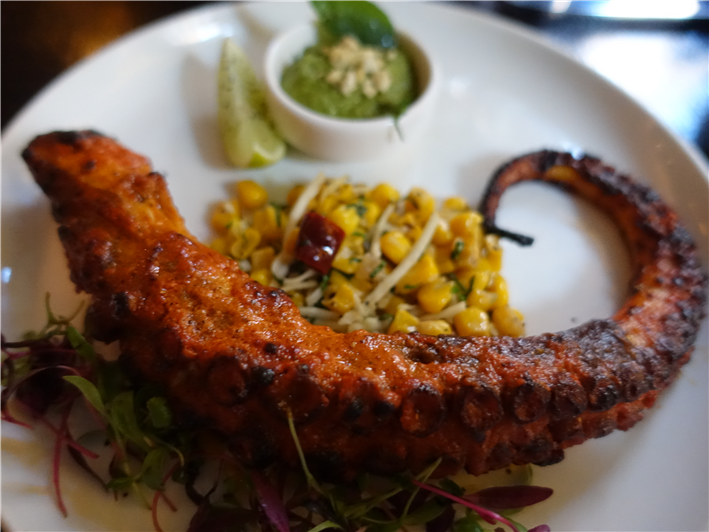
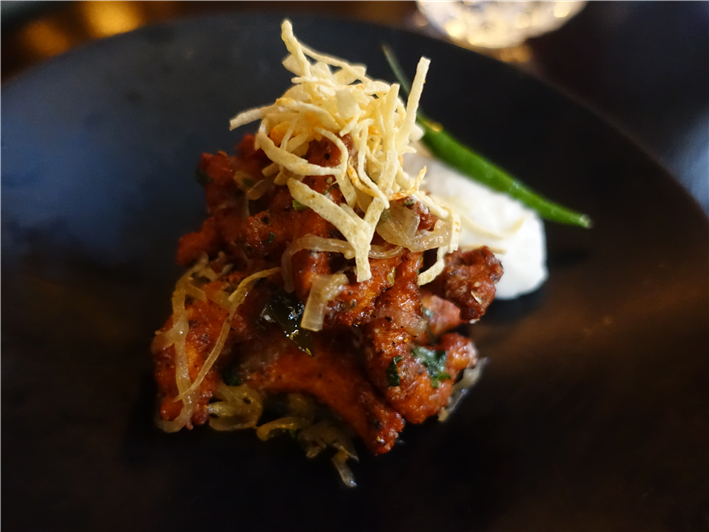
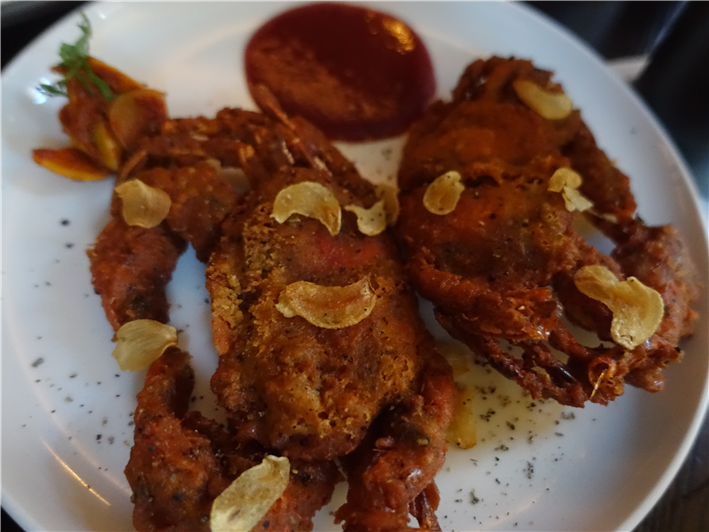
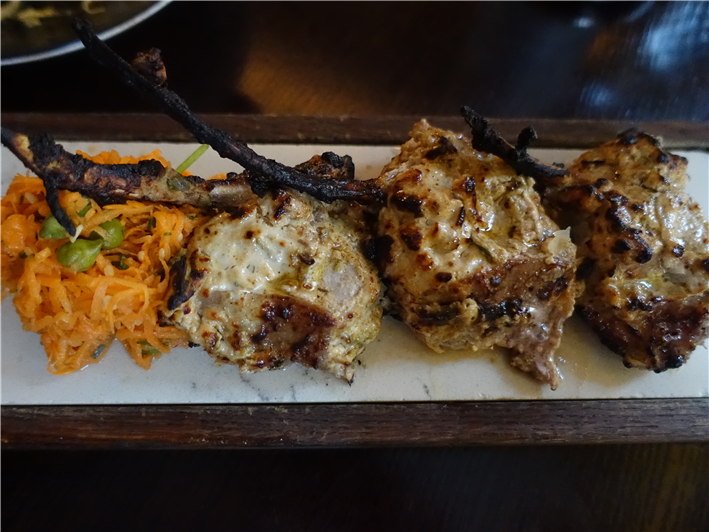
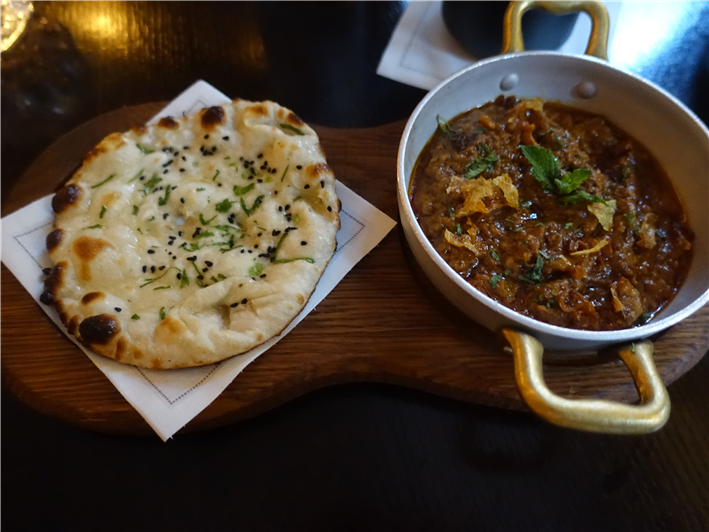
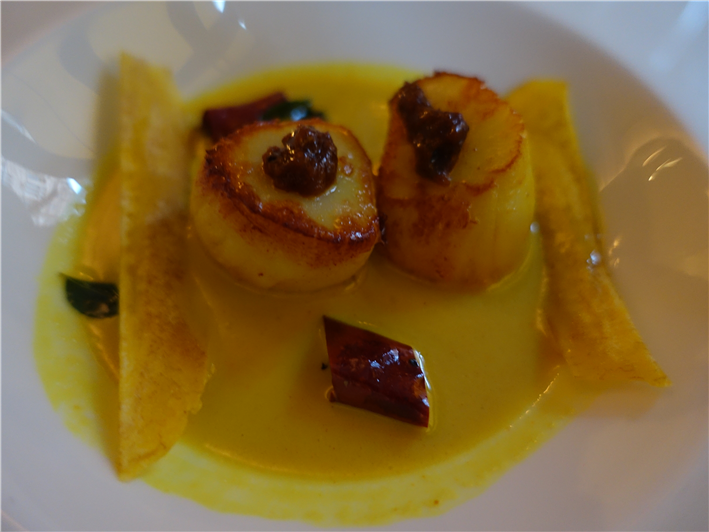
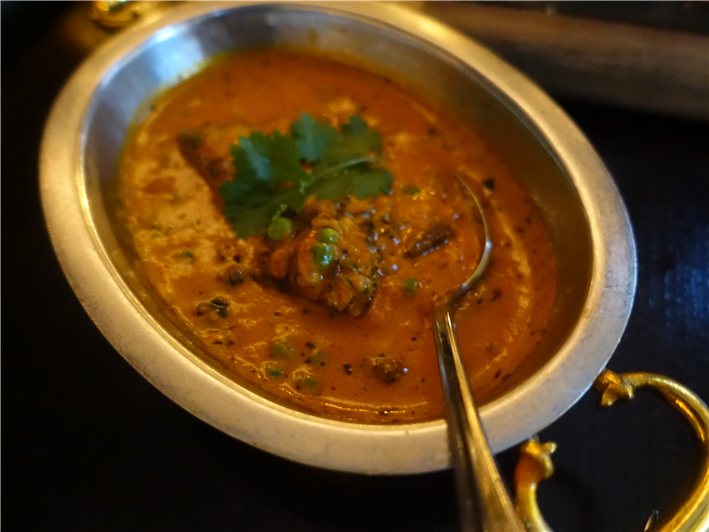
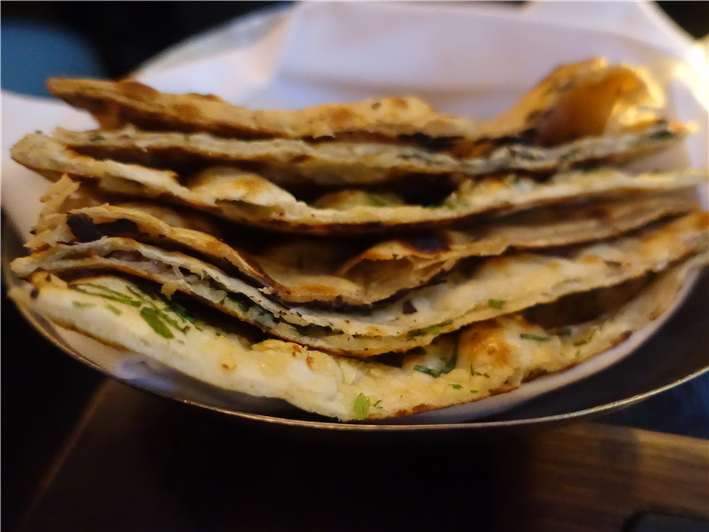
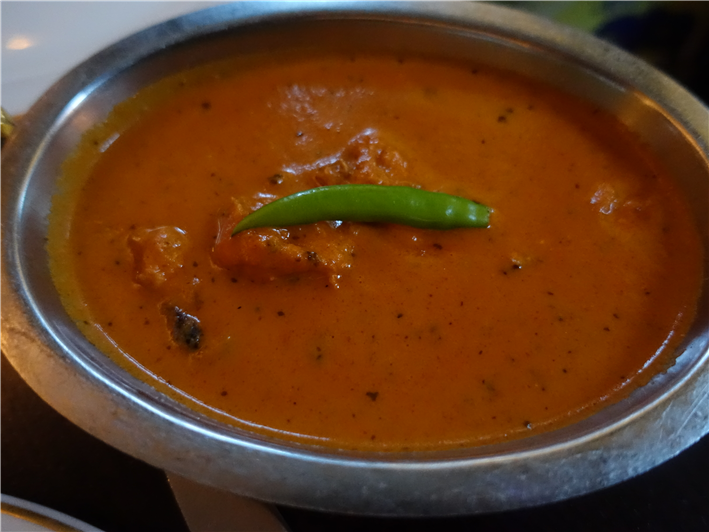
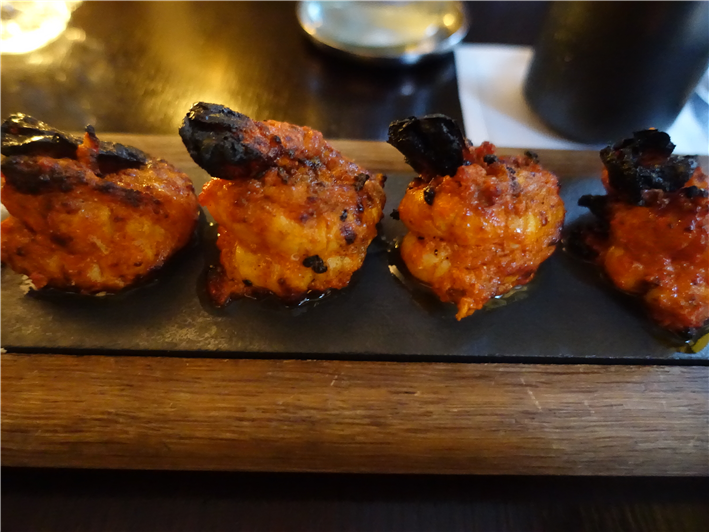
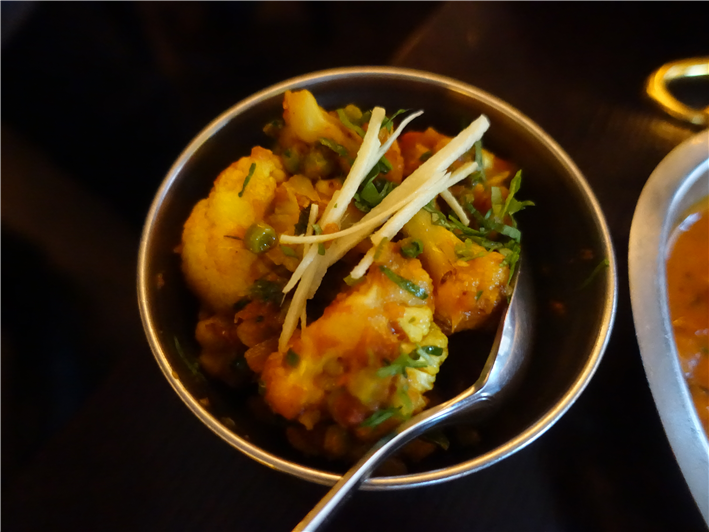
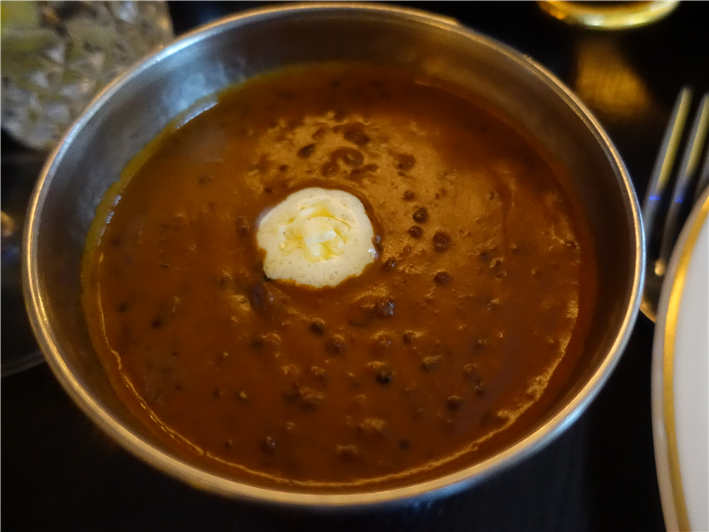
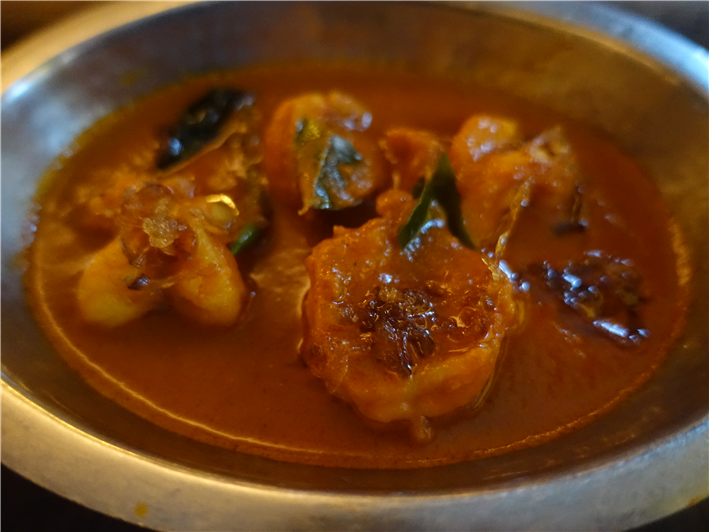
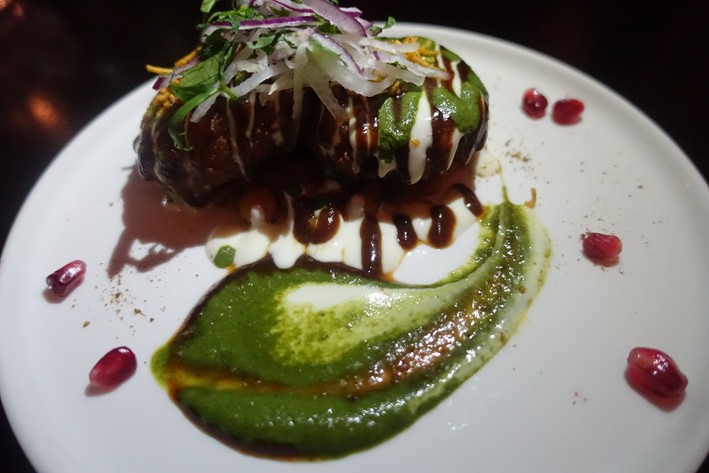
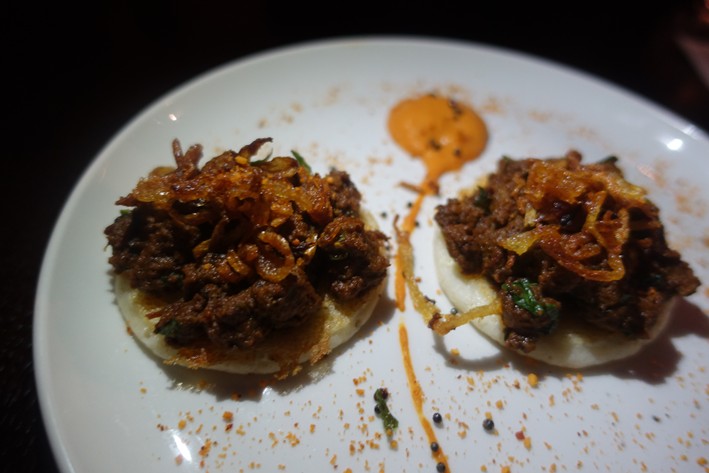
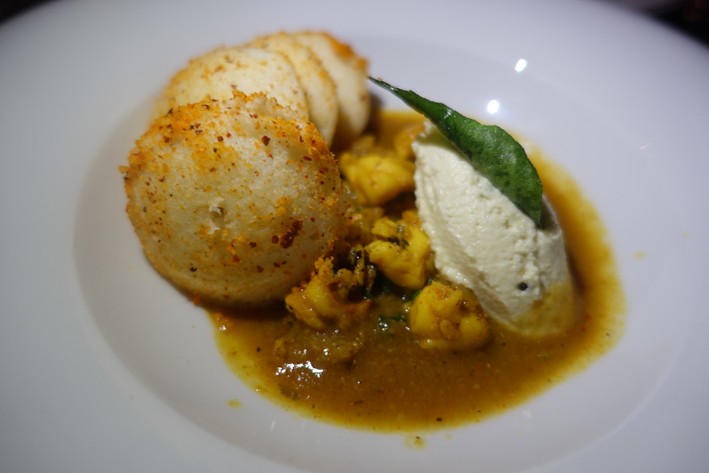
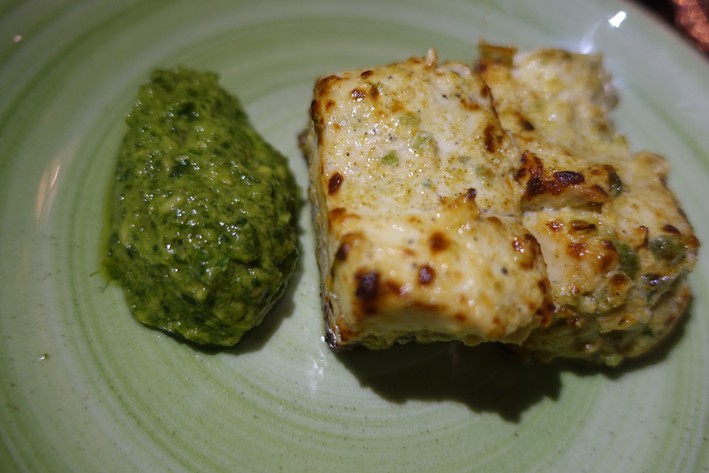
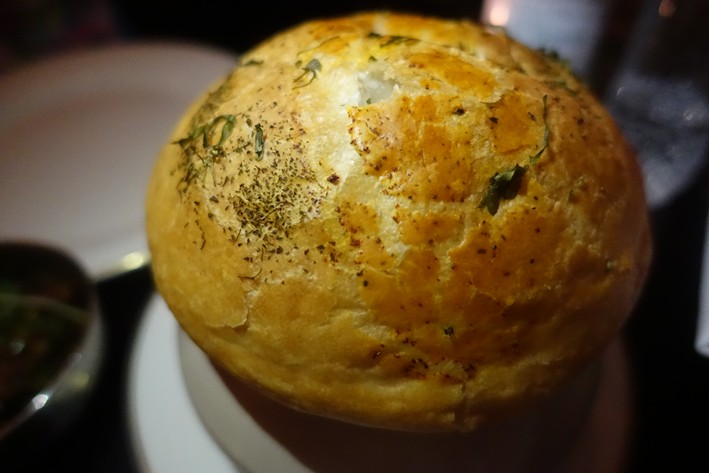
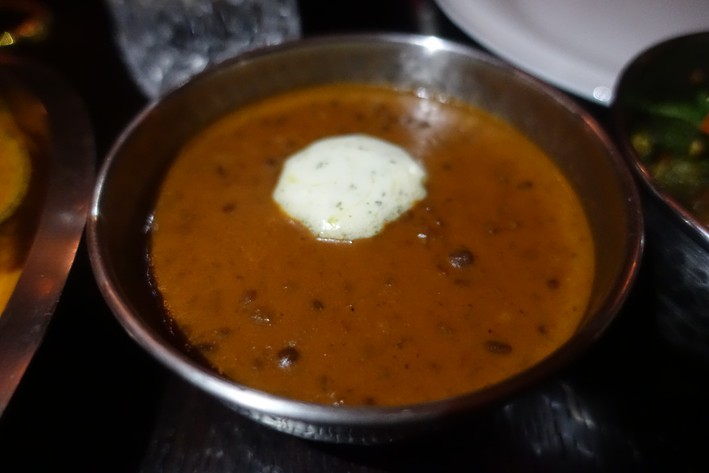
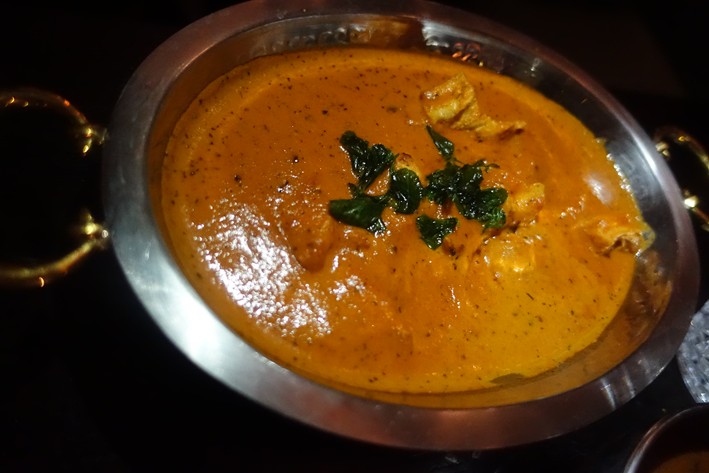
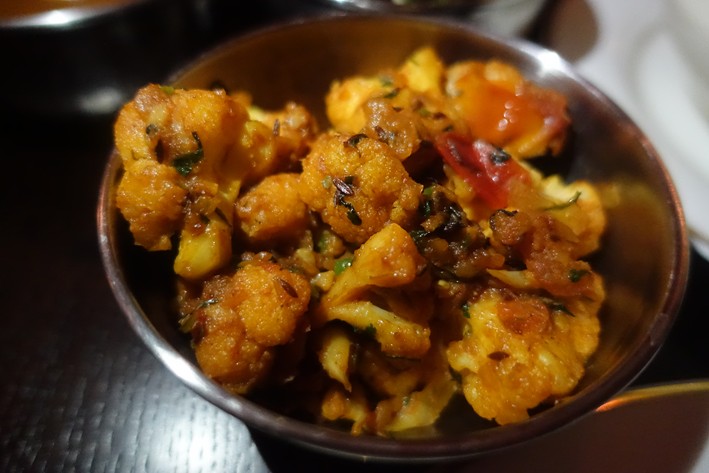
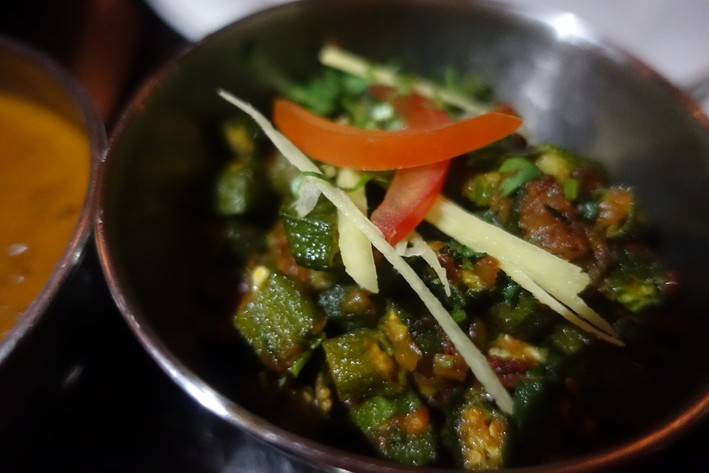
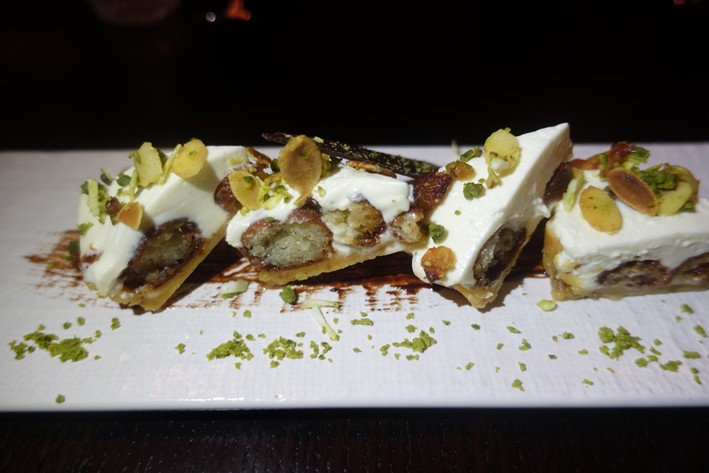

Add a comment
Thank you for submitting your comment, this will be checked and added to the website very soon.
User comments